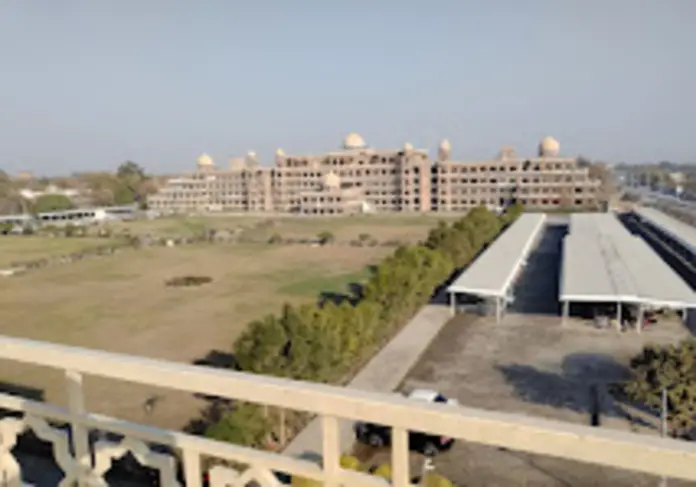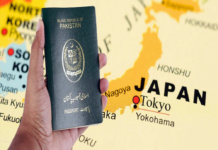In a troubling development, Peshawar University, the largest educational institution in Khyber Pakhtunkhwa (KP), is currently facing a grave financial crisis.
Reports indicate that the university is experiencing a fund shortage, resulting in an inability to fulfill payroll commitments to its employees and leading to the suspension of project activities.
To tackle the critical situation, the university administration urgently needs Rs. 300 million to address outstanding salary and pension obligations.
Nevertheless, the Higher Education Commission (HEC) had not disbursed the complete budget, intensifying the financial pressure on the university. Moreover, the delay in fee payments by students worsened the university’s financial predicament.
According to the Vice-Chancellor (VC), the university suffered losses of approximately Rs. 200 million due to employee protests.
Overall, the institution is grappling with an enormous deficit of Rs. 350 million, and the prompt payment of salaries relies on students submitting their outstanding fees.
Adding to the university’s financial crisis, there was a recent occurrence where school teachers in Peshawar staged a protest, calling for salary scale upgrades and the reinstatement of allowances.
As a result, 213 schoolteachers who took part in the protest organized by the Primary School Teachers’ Association now face legal action. The city police registered a case at Sharqi Police Station, citing charges of government intervention, destruction of public property, and alleged incidents of firing and throwing stones at law enforcement. The protesting teachers were arrested by the police a day before the case was filed.
Amidst the protest, a large number of primary school teachers from various parts of the province congregated outside the provincial assembly building on Khyber Road. They expressed their concerns regarding salary scale upgrades for BPS-14, 15, 16, and 17, along with a demand for increased allowances.
These parallel events shed light on the financial difficulties confronting educational institutions and teachers in the region.
The financial stability of KP’s largest university remained uncertain, affecting the livelihoods of its staff and impeding the advancement of significant projects.
The resolution of this crisis relied on the allocation of essential funds and prompt fee payments by students.
As events unfold, the relevant authorities must tackle the financial challenges faced by the university and engage in constructive dialogue with protesting schoolteachers to find a mutually satisfactory resolution.
The seamless operation of educational institutions and the welfare of educators are vital for nurturing a favorable learning environment and ensuring quality education in the region.







